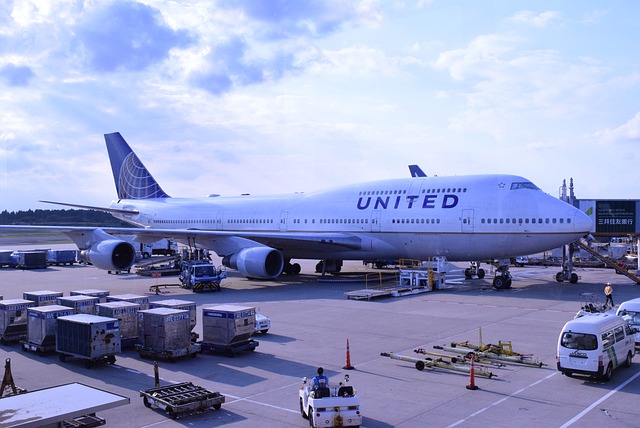Despite rising inflation and the possibility of a recession, United and full-service airlines, are primed and ready for strong autumn and year 2023, according to United CEO Scott Kirby on October 19, 2022, during the airline’s Q3 earnings call.
“Aviation uniquely is still in the recovery phase,” Kirby said.
Kirby’s confidence is fueled by several reasons. He emphasized that several significant economies, such as Japan, are only now allowing free overseas travel. And he anticipates a further rebound in business travel, which is still down around 20% at United from 2019. Another long-term benefit for the sector, according to Kirby, is a permanent move toward hybrid working patterns triggered by the pandemic.
“With hybrid work, every weekend can be a holiday weekend,” Kirby said. As a result, people are taking more leisure trips than in the past.
As per Kirby, a third reason United is confident is that, unlike many other companies, the airline industry is still substantially smaller than it was in 2019. Pilot and other crew shortages, air traffic controller shortages, and aircraft supply delays have all hampered capacity.
United flew at 9.8% less capacity in the third quarter of 2019 than in the same period of the previous year. And, as said by Kirby, the industry is still 15% smaller than it was in 2019. As a result, untapped travel demand has yet to be met. Furthermore, the change toward hybrid working might have a particularly substantial long-term influence on United’s operations, with peak and off-season flying times becoming less noticeable, as said by United Chief Commercial Officer Andrew Nocella.
United and other airlines have already observed shifts in booking patterns for Thanksgiving and the Christmas season, indicating a longer run of peak tourist days. A surprisingly robust September also reflected the shift brought about by hybrid workers. As a result, United has already made one schedule adjustment: more transatlantic routes will continue to run daily throughout the lackluster winter season.
United’s Earnings Have Nearly Reached $1 Billion:
United reported a net income of $942 million for the third quarter, an 8% decrease from 2022. High ticket prices and load factors were largely offset by high fuel costs and restricted capacity, together with excellent income from co-branded credit cards.
So according to the financial website Seeking Alpha, the carrier recorded operational revenue of $12.9 billion, up 13.2% from the previous quarter and $140 million above expert projections. Ticket yields grew by 21.6%, as measured by revenue per passenger mile flown.
United anticipates a 9% to 10% decrease in capacity in Q4 compared to 2019. However, the airline expects its operating margin to exceed that of 2019 for the first time since the pandemic began.
















More Stories
Brussels Airport Set for Record Summer: Over 5.1 Million Passengers Expected, Up 5%
Rising Anxiety Alters U.S. International Travel: Safety and Insurance Now Top Concerns
Global Leisure Travel to Hit $15 Trillion by 2040, Driven by Domestic and Emerging Markets